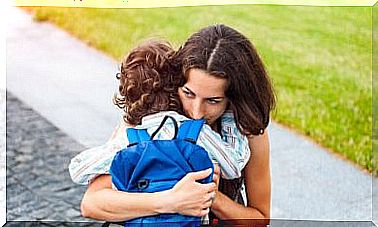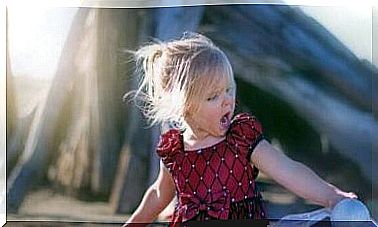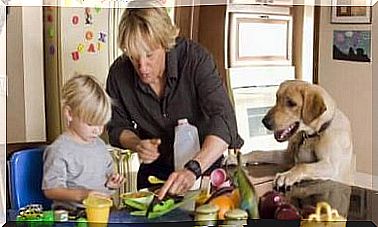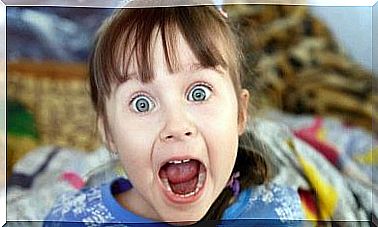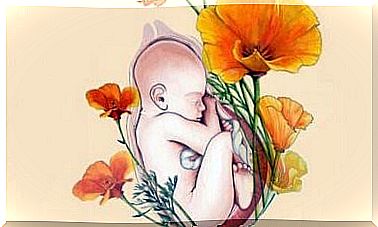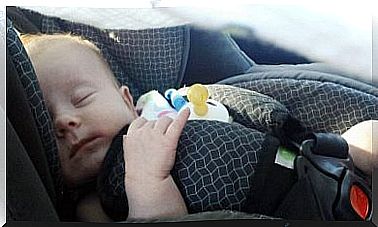Depression In Children: Causes And Treatment
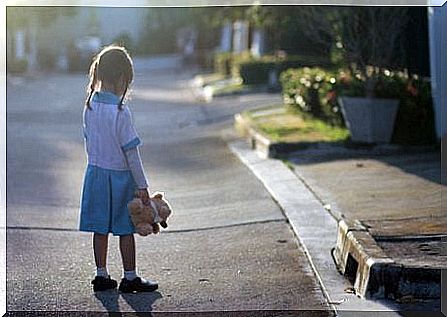
In this article, we will discuss the serious issue of depression in children. We want to share important information about the causes, symptoms, and how it can be prevented and treated.
It may seem impossible to imagine that children – living in a world full of games and adventures – could become depressed. But the reality unfortunately looks different.
Depression in children exists, and the medical profession has classified it as a disease. Even newborns can suffer from depression, which then makes them feel very unhappy.
The biggest problem with depression in children is that it can pass unnoticed.
Often children do not even understand what is happening to them. They experience emotions that they do not know how to express, let alone get over.
Although the symptoms may appear as signs of weakness, they are in fact signs of a dangerous mental illness.
- Apathy
- Aggression
- Nostalgia
- Lack of motivation
- Bad self esteem
- Mood swings
These are some of the clearest indicators of depression in children.
But there is also something else. Personal conflicts, psychological changes and illnesses can remain hidden for quite some time.
What causes depression in children?
Brain chemistry, biology, life experiences, physical health… There can be many factors behind a depression.
But when it comes to children, there is one factor that makes them extra vulnerable: Their immaturity when it comes to controlling their emotions.
Associated risk factors:
- The environment (the social environment and the family)
- Inheritance systems. If the parents suffer from depression, according to clinical studies, the children are four times more likely to receive the same diagnosis.
Children who grow up in dysfunctional homes also have a greater propensity for depression. The same applies to those who receive a bad upbringing.
An intolerance to frustration and demands for rewards for actions, can also cause depression in children. At the same time, children who suffer abuse, abuse or loss are also more likely to become depressed.
How to determine if a child is depressed
Depression in children can be clinically and emotionally strengthened. Grief is an indicator, but it is not the most important thing.
Depression refers to the presence of one or more of the following symptoms for more than two consecutive weeks (without the effect of any substance):
- Feelings of guilt
- Hostility, irritability, anger
- Self-destructive thoughts or behaviors
- Physical discomfort without medical explanation
- Weight changes for no apparent reason
- Feelings of emptiness, hopelessness
- Psychomotor agitation or inhibition
- Sleep problems, difficulty concentrating
- Apathy, loneliness, negativity, a tendency to cry or scream
- Inability to appreciate school or excursions
- Dissatisfaction, lack of energy, refusal to speak, poor academic performance
Infants can also suffer from depression
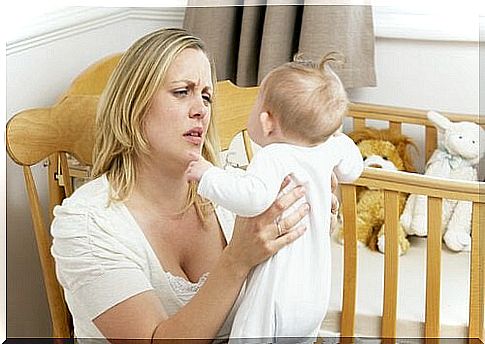
When babies are born, they turn to those who offer them protection and survival. The more satisfying and loving these relationships are, the happier the children will be.
On the other hand, if children experience rejection and lack of affection (especially from the mother), depression is imminent.
What are the signs of depression in infants? Apathy, restrained crying, reluctance to laugh, reluctance to respond to stimuli, affection for strangers.
If an eight-month-old baby prefers to be in the arms of a stranger over the arms of his own parents, then something is wrong. The same applies if an infant is silent, does not want to explore the world around him, or worse – if the child deviates from his development.
If a child can not walk at 17-18 months of age, or does not say a word at 2 years of age, it can also be a sign of depression. These factors are often the result of depressed parents.
How depression in children is diagnosed and treated
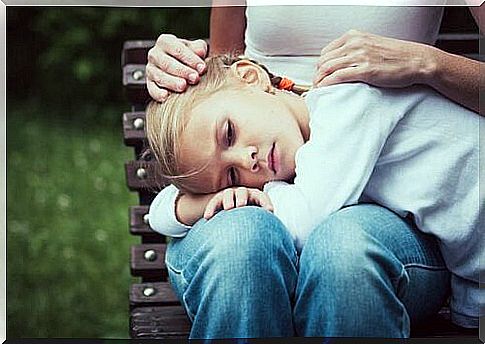
There is no specific method for detecting depression in children. Conversations and consultations with mental health care providers as well as an evaluation of your child’s symptoms will help establish a diagnosis.
The strategy will look different depending on the child’s age.
There are dynamic and systemic therapies to identify pathological interaction parameters. Based on these parameters, the specialist will choose treatment methods, which in some circumstances may include drugs.
It is crucial that the adults are compassionate and understanding. Caring, respect and encouragement for healthy social interaction are fundamental in children’s lives.
